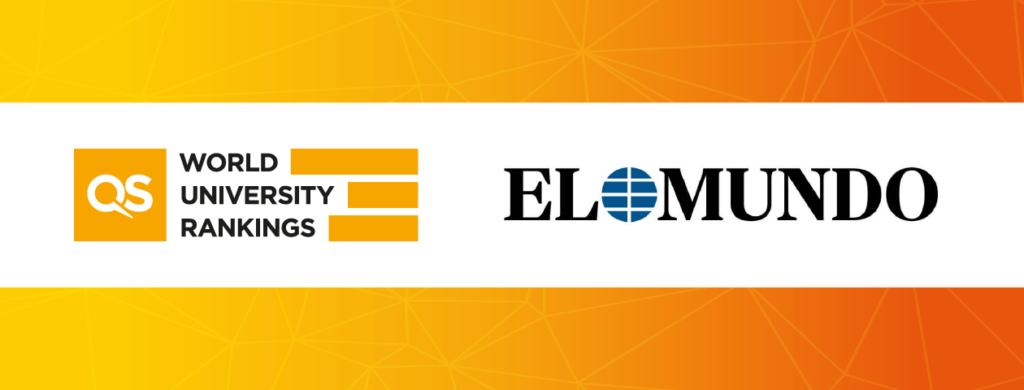A global university is a tough business to manage. Two of the world’s top research universities have just decided to make things simpler by using QS’s moveon software to run their international academic activities.
The two are the Massachusetts Institute of Technology, top in the 2013/14 World University Rankings, and KAIST, ranked at number 60. These two institutions are technology leaders in the US and Korea respectively, and each is prominent on the world stage.
Both KAIST and the MIT Sloan School of Management, the department which will be using QS moveon, have dozens of international links including academic and student exchanges as well as research partnerships. Proposals for new ones come along often.
Universities around the world use QS moveon, making it a fixture in international offices at about 400 institutions, to simplify the complex task of managing these relationships. It allows them to run partnerships online, cutting back on international travel. It also means that new partnerships are simple to form and track. For example, KAIST signed agreements during 2013 with universities in the UK, Switzerland and the US, as well as a research agreement with the oil company Saudi Aramco.
In Canada, the University of Calgary regards QS moveon as a significant asset in its push towards internationalisation. Carlos Vargas-Pedroza, partnerships officer at University of Calgary says: “QS moveonis like a language that helps you to clearly define your business processes and addresses your organizational challenges.”
These links are important because student exchanges are known to drive international applications for full courses. They are also used as a measure in the QS Asian and Latin American university rankings.
Academic staff exchanges and research collaborations are of growing importance to universities, and to solving major global problems such as climate change. In addition, business schools such as Sloan have a wide range of agreements on teaching, research and business collaboration involving universities, governments and companies around the world.



